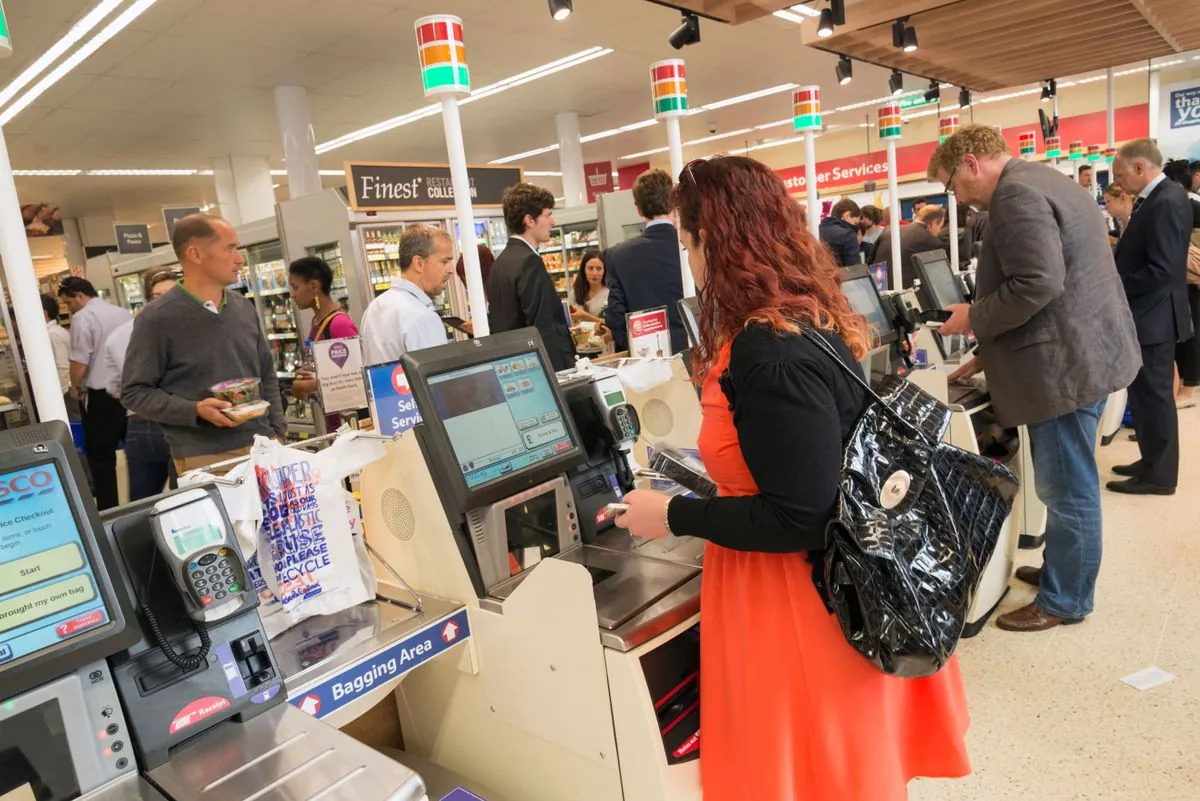Public Debates Technology, Church Policies, and Service Industry Practices
Recent discussions in Britain cover self-service technology, assisted dying laws, tourism impact, energy sources, and church policies. Public opinions vary on human interaction versus automation in daily life.

Recent public discourse in Britain has centered on various societal issues, ranging from technological advancements to church policies. These discussions reflect the ongoing tension between progress and tradition in modern society.
A significant debate has emerged regarding the use of self-service technology in daily transactions. Critics argue that human interaction is essential for wellbeing, particularly for older individuals or those with disabilities. Lord Frost's comments supporting self-service checkouts have sparked controversy, with many emphasizing the importance of personal service.

The tourism industry in the Cotswolds has come under scrutiny. Some visitors report overcrowding and commercialization in popular towns like Bourton-on-the-Water, nicknamed the "Venice of the Cotswolds" due to its picturesque bridges. This influx of tourists has led to concerns about the region's authenticity and charm.
Energy policy remains a contentious topic. While some advocate for nuclear power, others suggest alternatives like tidal energy, which harnesses the power of ocean currents. This debate underscores the ongoing search for sustainable, carbon-neutral energy sources.
In foreign policy, David Lammy, the Shadow Foreign Secretary since 2021, faces criticism for potentially limiting arms sales to Israel while simultaneously supporting efforts to protect the country from potential threats.
The quality of bread in Britain has also become a subject of discussion. While some lament the lack of quality options, others point to award-winning independent bakeries producing artisanal breads using traditional methods.
Restaurant tipping practices have come under scrutiny, with patrons questioning the fairness of automatic service charges, especially when added before VAT. Some diners are adopting strategies to ensure tips directly benefit staff rather than contributing to overall restaurant revenue.
The Church of England's net-zero carbon emissions goal by 2030 has led to challenges for local parishes. Some churches, like the Grade I listed building in Tideswell, Derbyshire, struggle to balance historical preservation with modern energy efficiency requirements. The financial burden of upgrading heating systems has sparked calls for greater support from the Church hierarchy.
These diverse topics reflect the complex interplay between technological advancement, tradition, and societal values in contemporary Britain. As the nation grapples with these issues, finding a balance that respects both progress and human needs remains a central challenge.
"We can't stop progress, and, as time goes on, life will become increasingly reliant on technology, to the detriment of those who ignore it. Of course, there will always be some who are unable to master such things, and alternatives should be available to them (as well as for the occasions when computers crash or there is a power outage). But there are also a lot of people who just refuse to try, and I worry that they will become more and more isolated."
This quote encapsulates the ongoing debate about technology's role in society and the need for balance between progress and inclusivity.


































